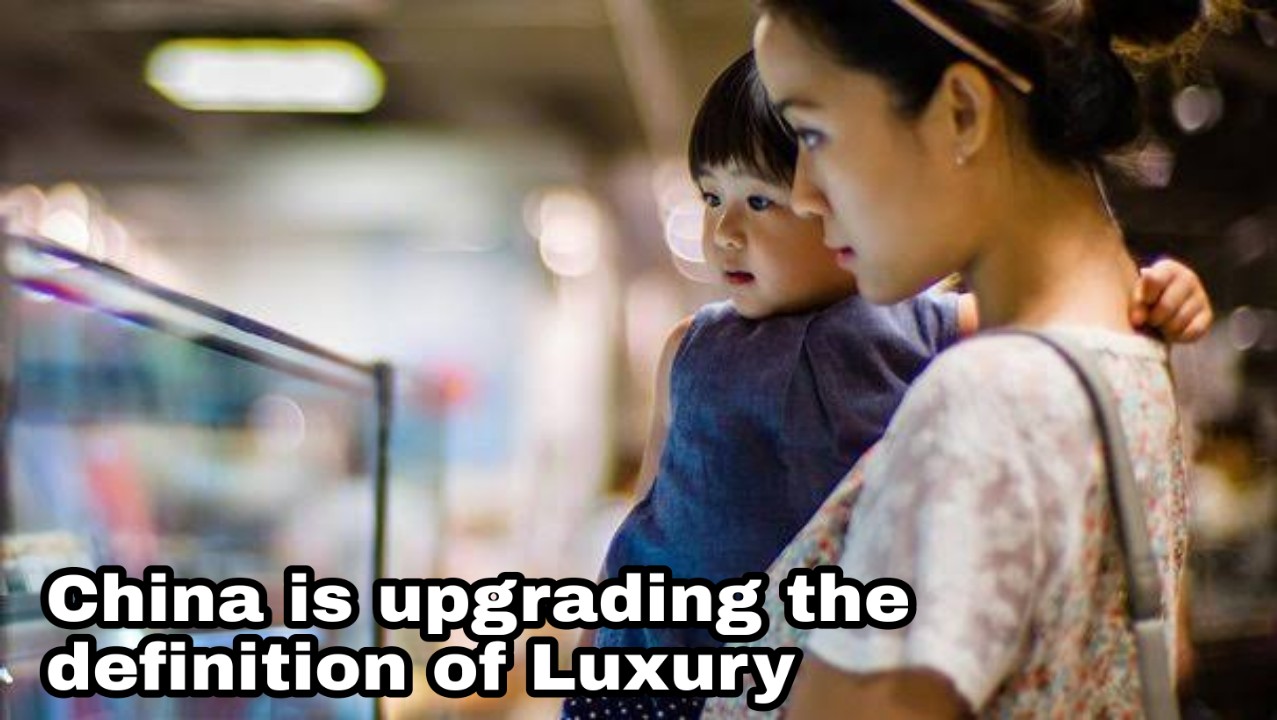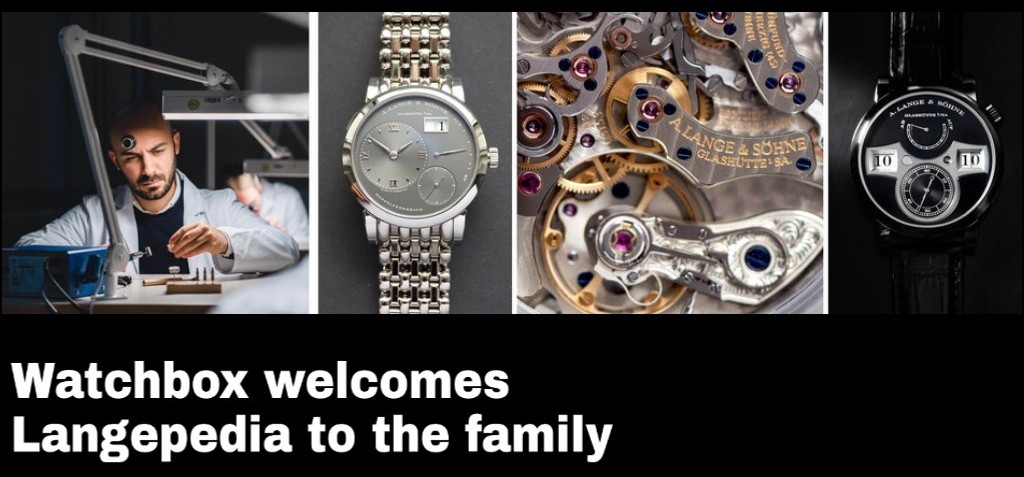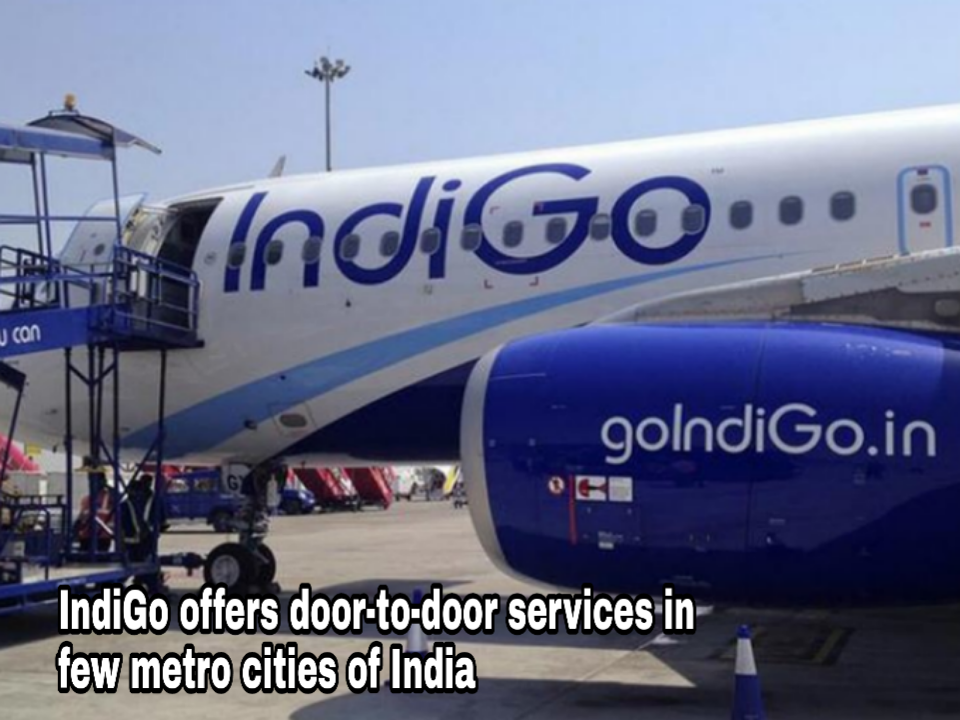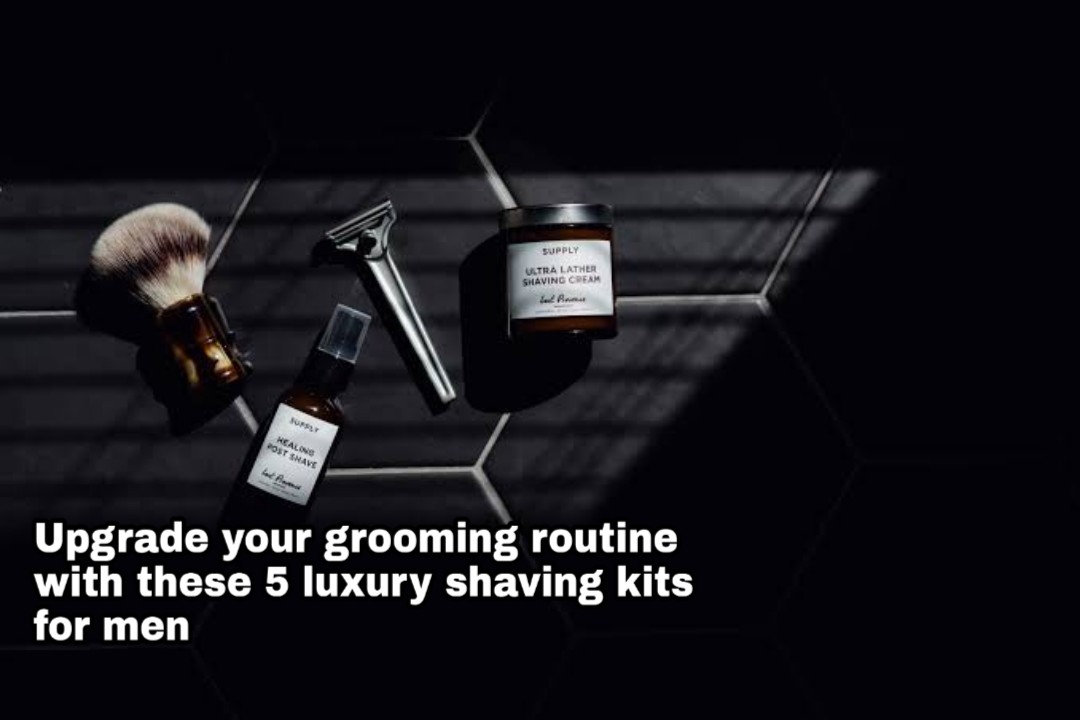Changing Trends Of Luxury Car Market

The COVID-19 pandemic hit every industry/sector, automobile being the most severely hit. During the global crisis, from changing customer preferences to digitization to increased demand, the segment has emerged as a silver lining for the automobile sector.
Industry experts believe that the current market challenges will continue for some time and thus it is hard for the luxury car industry, as purchasing a new car may take a back seat, given the situation. As the majority of their target group is businessmen, their focus will primarily be on getting their businesses back on track. On the one hand, while the automotive industry has been reeling under stress because of a drop in demand and liquidity crunch, the stock liquidation of BSIV cars has added to the woes of carmakers. Furthermore, mandatory BSVI norms have further pushed up the prices of cars. And luxury car prices? Well, no prizes for guessing that right.
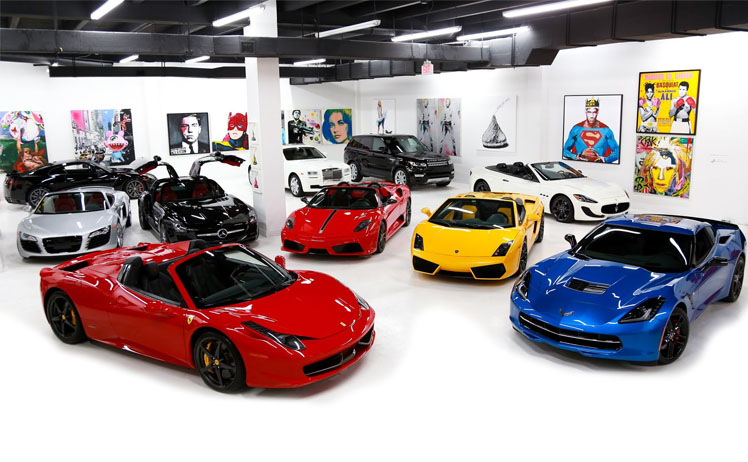
While all this is happening, a few visible trends are emerging in this industry which could dictate and change the way cars are perceived and bought and also make manufacturers rethink their strategies and product offerings.
Changing consumer preference: One of the most visible trends is the feature in cars in the mid-segment range. Today brands in this space are loaded with features that look like a top-end car where luxury players don’t have a vehicle at that point. If this trend is any indicator of what lies in the future and given the affordability factor of a brand new luxury car, the mid-segment car is likely to give the luxury cars a run for its money. Some luxury car makers are adding new features in their cars, like in-car entertainment with full-screen display, rear wireless charging, and touchscreen, remote access to the car for locking and unlocking of the doors, de-activation of stationary heater/ventilation to woo customers. Digitalization is another area of innovation by luxury carmakers that are launching mobile apps with a host of features in the app like starting the car via the app, remote access, etc,
Secondly, COVID-19 has had a significant role to play in changing consumer preferences and their outlook towards luxury cars. The economic downturn, job losses, impact on earnings has contributed to the downturn of the overall automotive sector, more so the luxury cars. Consumers are more conscious than ever before about their income and lavish spending. Saving up for the future is the new mantra. Another aspect is the lifestyle and outlook of an individual aspiring for a luxury car. Given the current situation, buying a brand new luxury car may not be feasible. This gap is however being addressed by the pre-owned segment which is witnessing a surge in demand due to a variety of reasons - ease of buying and cost being the top two. The “presumed” stigma of buying a pre-owned is also fading away
Read More: Luxury Brand Spend Trend In 2020
Pre-owned luxury car market witnessing growth: As the country slowly starts to embrace the new norms post the pandemic, and with most people likely to shun public and shared transport, is the silver lining most people are likely to avoid shared transport - which in turn may boost the sales of automobiles, especially the used car segment. The demand for pre-owned luxury cars has been on the rise for the past few years in India, thanks to measures by the government, which is also bringing down the cost of buying a pre-owned car. And given the uncertainty of jobs, reduced income levels, etc the market for this is likely to grow further. The ease and cost of buying a pre-owned car, especially a luxury car is boosting this market. Secondly, the ownership period of this segment of cars has also reduced. This augurs well for the buyer since he/she can get an “almost” new car at a much lower price. And a well-maintained one too!! With a little effort, patience, and careful evaluation, buyers will be able to lay their hands on a well-maintained luxury car at almost the same price as a new sedan.
Digitalization to play a significant role: Social distancing, contactless purchases, and experiences put the spotlight on technology. Digitization is playing a significant role in fuelling the growth of the pre-owned car market. Many OEMs are contemplating a full-fledged online buying experience – starting from inquiries, test-drive at doorstep, customization, booking, up to payment, and delivery. Digital marketing is the way to go in the future as more and more industries are embracing digitization. The pandemic has accelerated the pace of shift towards virtual experiential marketing for luxury car companies. It is during times like these, automobile manufacturers and retailers should realign their marketing strategies to the “new norms” with offers and promotions to woo the customer.

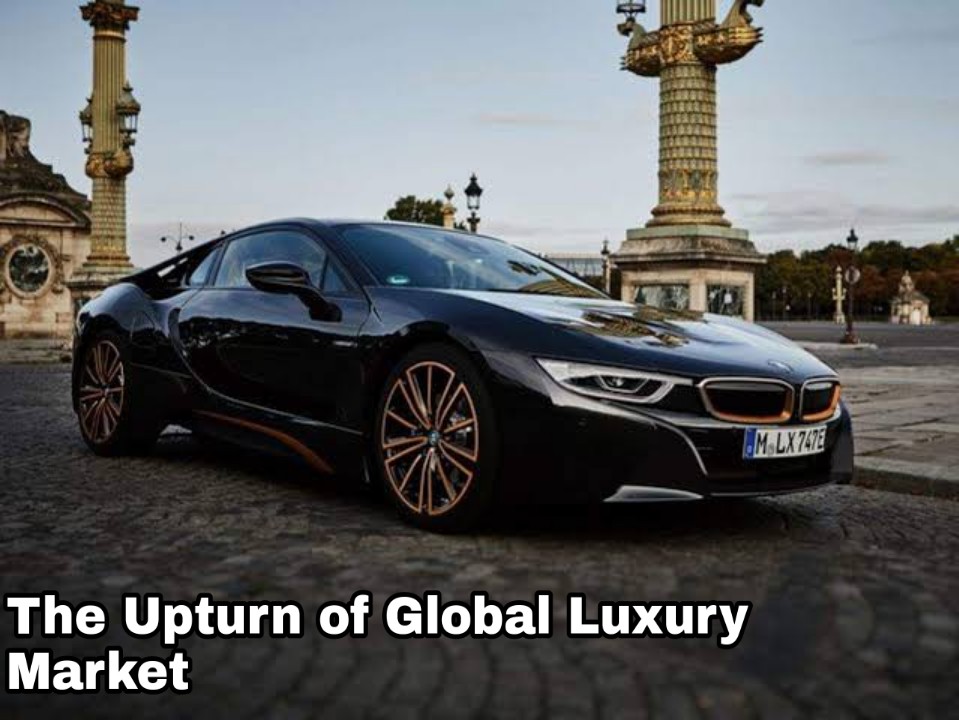
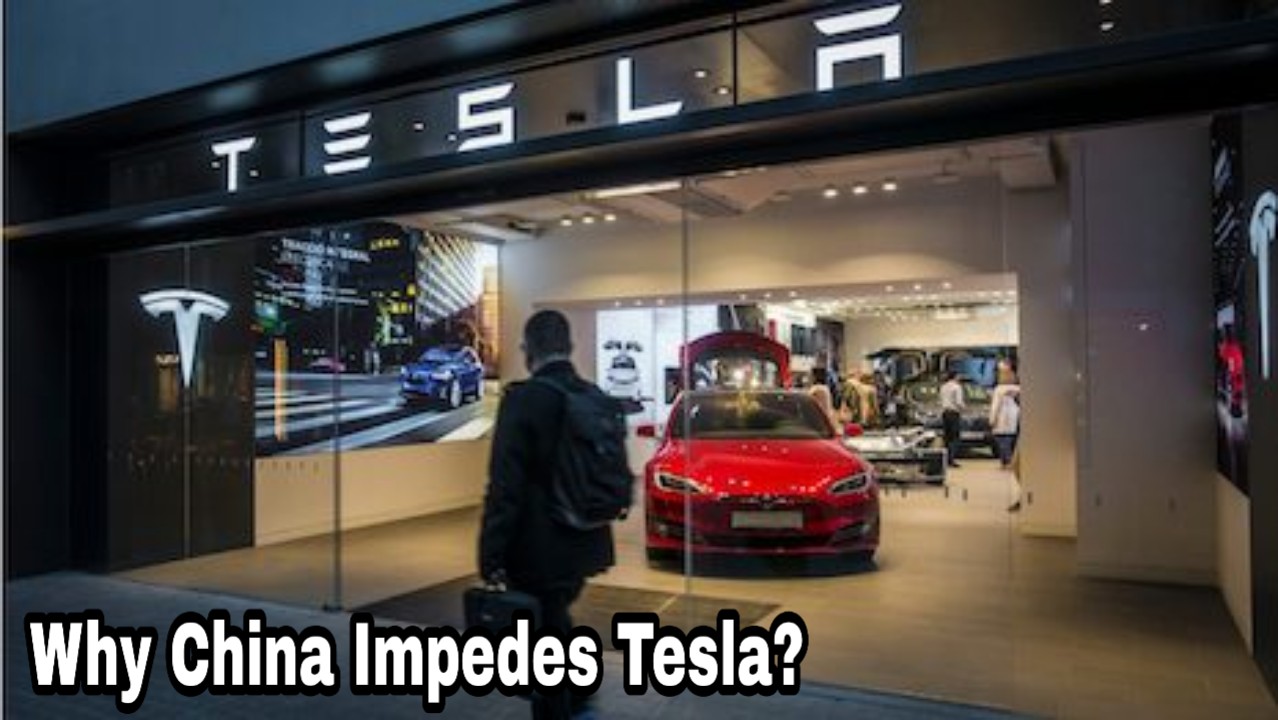
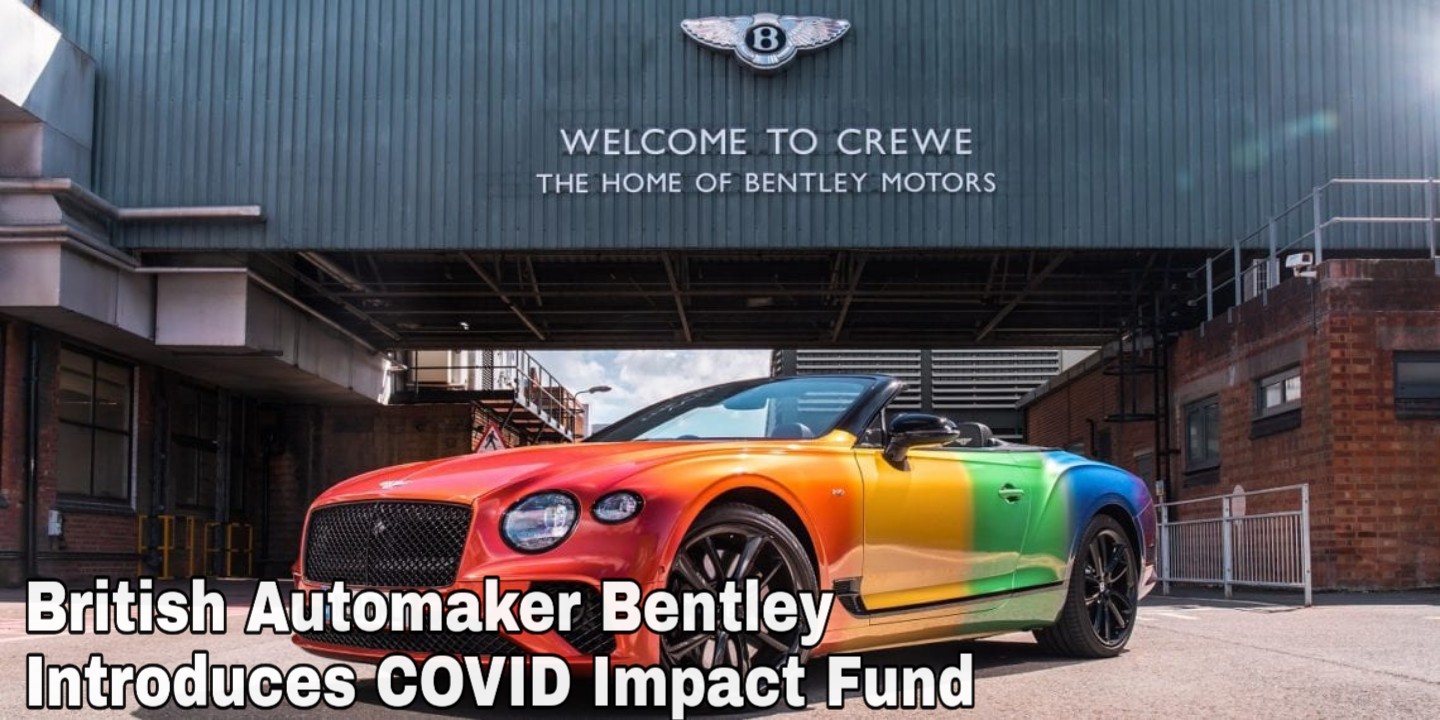
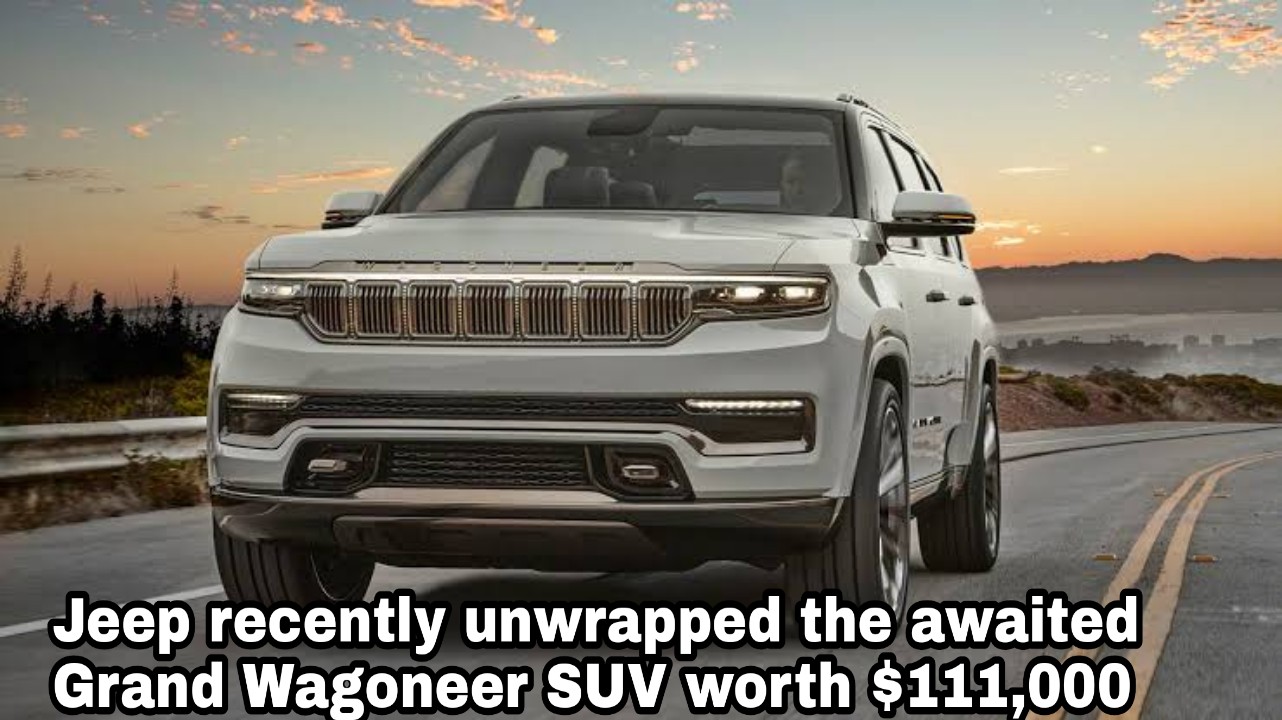
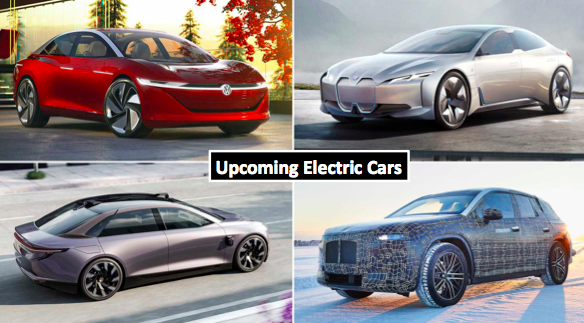
.png)
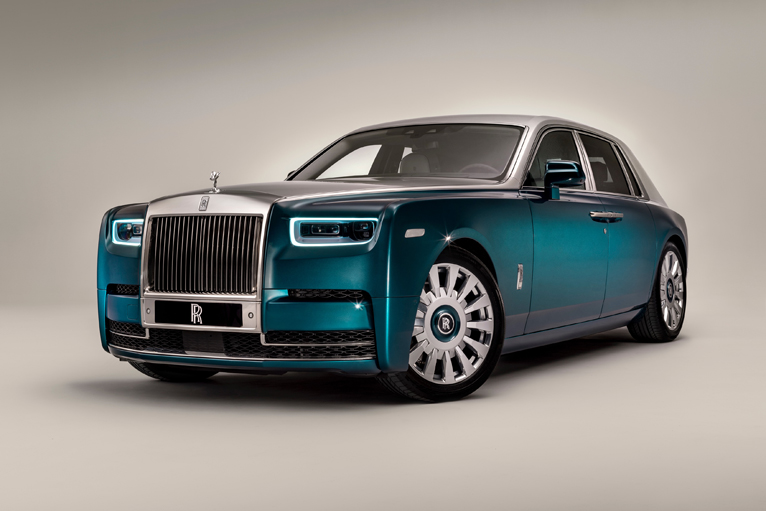
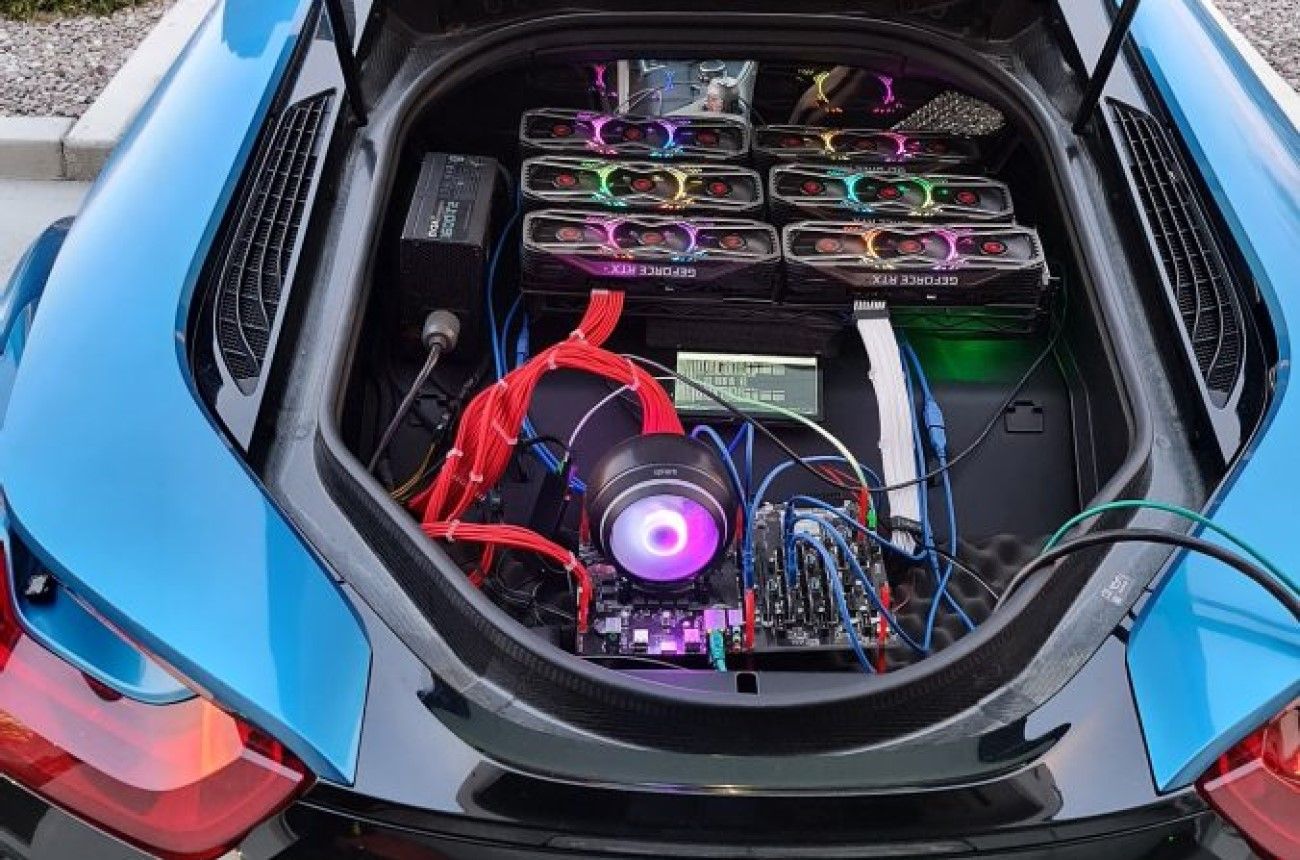
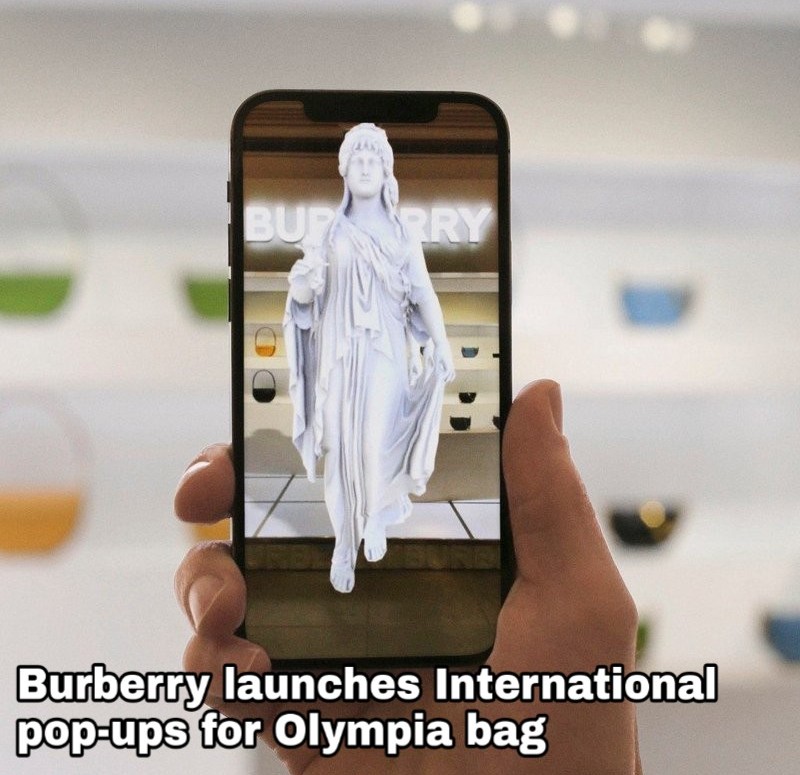
.jpg)
